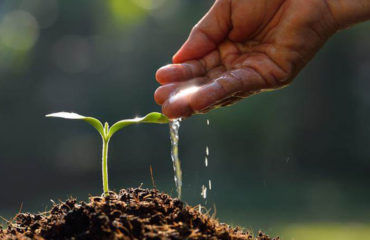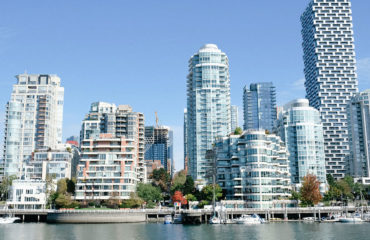
There is a saying that “good fences make good neighbours” and that may be the case for most people. However, in a region such as metro Vancouver where an ever increasing number of people are trying to live on the same finite land base, the potential for ‘unneighbourly’ disputes is also increasing. Disputes are not limited to fences; they can arise from a host of issues that affect a landowner’s enjoyment of his or her property including easements, restrictive covenants, trees, noise, pollution, water problems and pests. These disputes can escalate into litigation.
Easements
An easement[1] is a legal interest in land that allows a person, who is not the land owner, to use part of someone else’s land for a specific purpose. Typically it allows a neighbour to drive over a specified route on an adjacent property to access their own land. Disputes over easements can arise where the easement holder abuses their right to use the easement or trespasses over portions of the land not subject to the easement. They can also arise if the location of the easement on the land is uncertain or the landowner improperly restricts the easement holder’s access to the easement.
Restrictive Covenants
Land titles sometimes contain restrictive covenants that place restrictions on what can be done on a particular piece of land. The restrictions can include limitations on the height of a structure or where structures can be located on the property. These restrictive covenants are typically put in place to preserve sight lines or privacy concerns of a neighbouring property owner. Disputes can arise if these covenants are forgotten or ignored.
Boundaries and property lines
Boundary disputes can arise when there is uncertainty over the legal description of boundaries to a property or if landowners have acted in ignorance of the exact location of a particular boundary to one person’s detriment. For example, structures may be built on land that unknowingly intrude on a neighbour’s land. Or activities may be carried out, cutting of trees for example, based on an erroneous understanding of the location of a boundary resulting in a trespass on, and damage, to a neighbour’s land.
Trees
Trees can create problems between neighbours when their trunks and branches grow across property lines, if their roots cause undersurface damage to drainage systems or foundations, or if their size or poor health pose a safety threat in the event of a windstorm. Neighbours have also been known to trespass onto an adjacent property to trim or cut down trees to improve their views.
Noise, pollutants, water and other nuisances
Municipal bylaws place many restrictions on the use of property that could adversely affect neighbours and cities such as Vancouver have enforcement procedures for breaches of their bylaws. In addition, property owners have common law rights enforceable in the Courts to enjoin ongoing nuisances such as excessive noise, dust and garbage. A neighbour may also be sued if they allow dangerous substances to escape from their property causing damage to adjacent land. Examples of such substances include water in large amounts, fire and environmental contamination such as heating oil or gasoline that escapes from underground storage tanks. Environmental contamination “cost recovery“ lawsuits may also be brought under the Environmental Management Act[2] which allows a land owner to recover damages for the cost of cleaning up contamination caused by a substance that migrated from a neighbour’s property. The Act even allows a landowner to make a claim against a previous owner/occupier of their land for the cost of cleaning up contaminants left in the subsurface soil and groundwater of the property from earlier uses of the land.
Discuss your situation with a Vancouver land ownership lawyer today
If you have a dispute with a neighbour over an issue that interferes with the enjoyment of your land, you should consult an experienced BC land ownership lawyer about your legal rights and remedies. At the law office of McLarty Wolf, our lawyers seek out effective dispute resolution methods that if possible preserve relationships between neighbours. Please contact our office at 604-687-2277 if you have a question about a legal dispute involving land or your neighbour.





You must be logged in to post a comment.